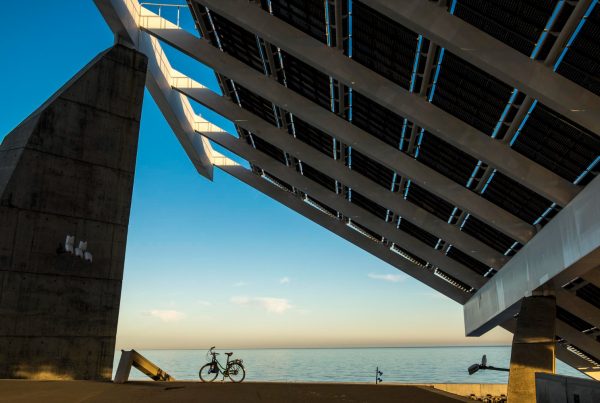
As Malaysia joins the global stage in its commitment to achieve net-zero carbon emissions by 2050, the nation finds itself at a crossroads between proactive climate strategies and the looming threat of unmitigated climate impacts. During the International Construction Week (ICW) 2024 at MITEC, Kuala Lumpur, Dr Suraya Ismail, Director of Research, at Khazanah Research Institute, emphasised the urgency of shifting our focus from emission-centric policies to robust climate adaptation, ensuring resilience in an increasingly hostile climate.
Emissions Reduction vs Climate Vulnerability: A Delicate Balance
Malaysia is among a few developing countries to commit to net-zero carbon emissions. While this commitment demonstrates leadership, it presents unique challenges for a country that contributes just 0.37% of global cumulative CO₂ emissions. Despite this, Malaysia is disproportionately vulnerable to climate impacts such as floods, droughts, and rising sea levels. By leveraging diplomatic coalitions, like the Like-Minded Developing Countries (LMDC) group, Malaysia can amplify its influence on global climate policy while addressing its domestic vulnerabilities.

Cumulative CO₂ Emissions Chart: Highlight Malaysia’s minimal contribution (0.37%) compared to major global emitters.
Adapting to Climate Realities: The Missing Link
Malaysia’s climate strategy has been heavily focused on emissions reduction, with adaptation policies lagging. For instance, while there are significant plans to mitigate flooding—such as the RM400 billion flood mitigation budget by 2100—other critical areas remain neglected:
- Port Klang’s Vulnerability: As Malaysia’s principal trading hub, Port Klang faces severe risks from projected sea-level rises, yet comprehensive mitigation plans still need to be in place.
- Rising Heat Stress: Urban centres are increasingly exposed to heat-related health hazards and energy costs, with minimal policy attention under the national development plans.
- Industry Preparedness: Many industries remain unaware of climate risks to infrastructure, products, and livelihoods, threatening Malaysia’s economic stability.
Economic Impact of Inaction
The Swiss Re Institute projects that Malaysia’s GDP could fall by 46% by 2048 if global warming reaches 3.2°C. This stark forecast highlights the economic imperative for immediate action. Without a robust adaptation framework, Malaysia’s fiscal space will be stretched, further exacerbating socio-economic inequalities.

Economic Impact Visualisation: A chart illustrating the projected GDP loss (46%) by 2048 due to global warming scenarios.
Path Forward: A Dual-Pronged Approach
Malaysia must balance its net-zero aspirations with aggressive climate adaptation measures to secure a sustainable future. Key recommendations include:
- Integrated Adaptation Policies: Develop comprehensive strategies for vulnerable sectors, particularly coastal zones and urban heat islands.
- Industrial Climate Awareness: Launch national awareness campaigns to educate industries on climate resilience.
- Strengthening Regional Collaboration: Continue diplomatic engagements to hold major polluters accountable while securing climate finance for adaptation efforts.
Dr Suraya Ismail’s presentation at ICW 2024 highlights the urgent need for a paradigm shift in Malaysia’s climate strategy. By prioritising emissions reduction and adaptation, Malaysia can safeguard its environment and economy, ensuring resilience for future generations.














